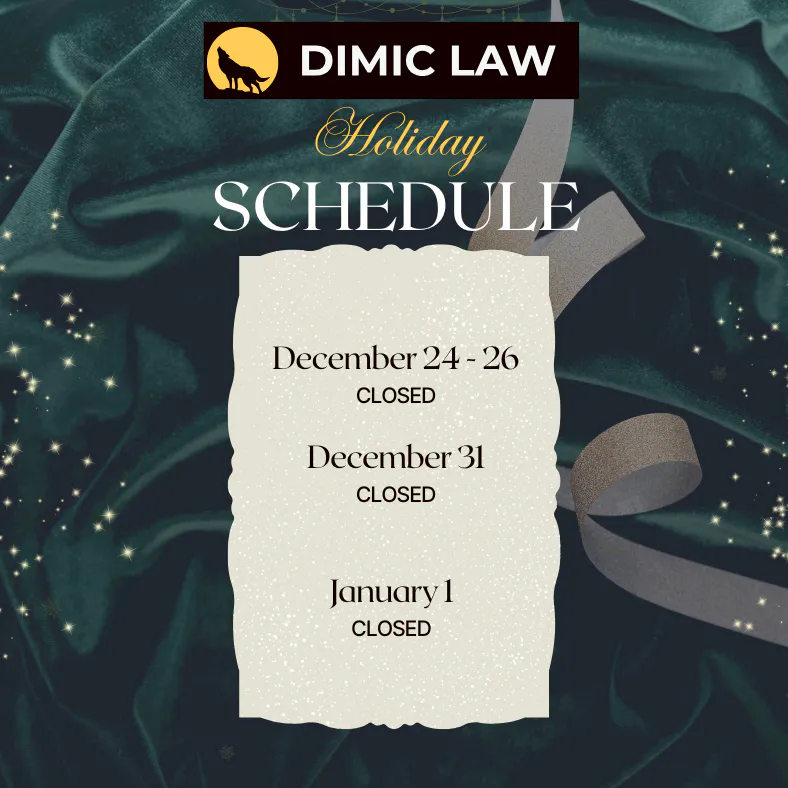
Blog
ADULT TRUSTEESHIP AND GUARDIANSHIP: WHAT YOU NEED TO KNOW

As people grow older or face health issues that affect their capacity to make decisions, they may need help managing their finances, healthcare, or daily life decisions. “Capacity” under the Adult Guardianship and Trusteeship Act means the ability to understand information relevant to a decision and to appreciate the reasonably foreseeable consequences of making or not making the decision.
It is important to note that simply disagreeing with someone’s decision is not sufficient ground to establish that a guardian needs to be appointed for them. Before an order for guardianship and trusteeship can be made, a formal capacity assessment must confirm that the person [called an Adult] lacks the capacity to make some or all their decisions.
Thus, Adult Guardianship and Trusteeship are legal ways to ensure a person’s well-being and financial security when they can no longer manage things on their own. While they sound similar, they serve different purposes. Let us break down what each one means and how they work.
What is Adult Guardianship?
A guardian is a person appointed by the court to make personal and medical decisions for an adult who is unable to do so on their own. Guardianship covers decisions related to healthcare, living arrangements, and overall well-being.
What is Adult Trusteeship?
A trustee is a person appointed by the court to manage financial matters for an adult who does not have the capacity to make such decisions on their own. This includes handling money, paying bills and making investment decisions.
However, if an adult has made arrangements in advance while they had capacity, such as a personal directive and a power of attorney, such an adult will not need a court-appointed guardian or a trustee to make decisions on their behalf. These documents allow them to designate someone to make decisions on their behalf if they lose capacity in the future.
How Does the Process Work?
You can start by applying for Guardianship/Trusteeship either through a desk application or a hearing in the court.
In a desk application, you or your lawyer do not need to appear in court, and the judge will issue a decision based on the paperwork submitted.
However, a hearing takes less time than a desk application. In a hearing, you or your lawyer can appear in the court to present the application before the judge. Upon hearing the application and reviewing the paperwork, the judge will then make a decision.
At Dimic Law, we help families make these important legal decisions. We help review your options and determine the best solution for your situation.
For more information or to book a consultation, visit our website or call us today.

